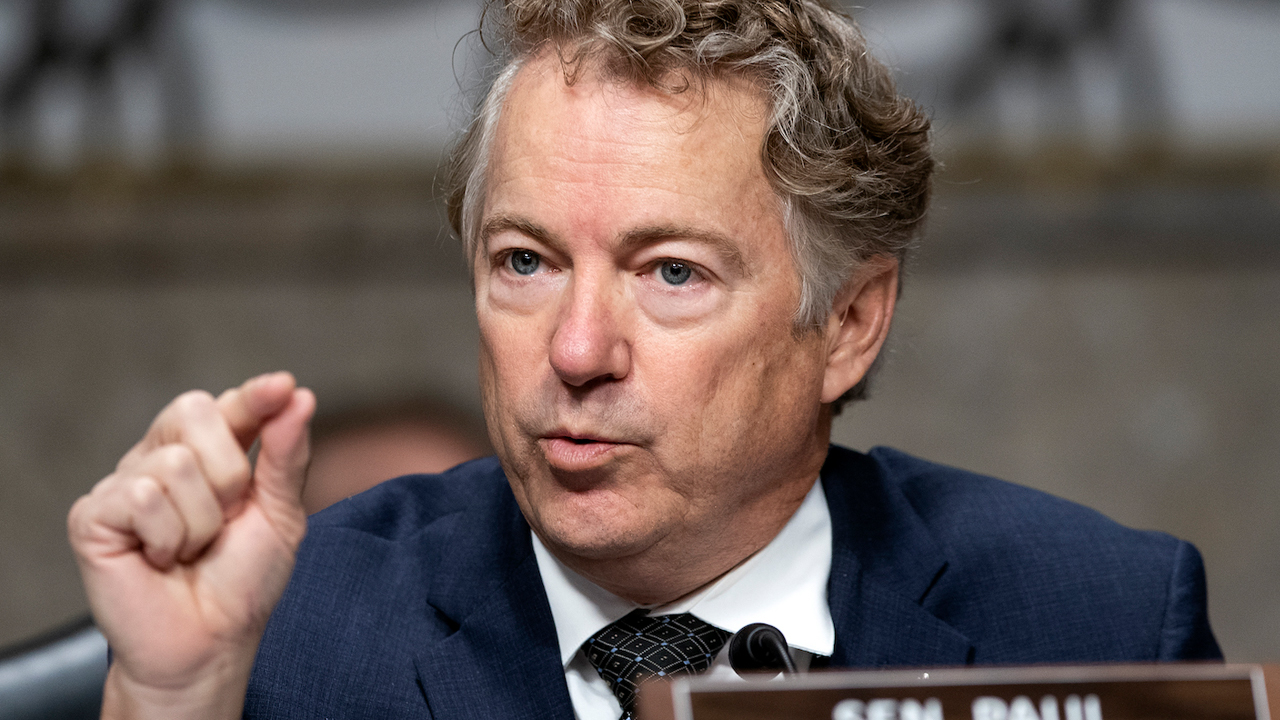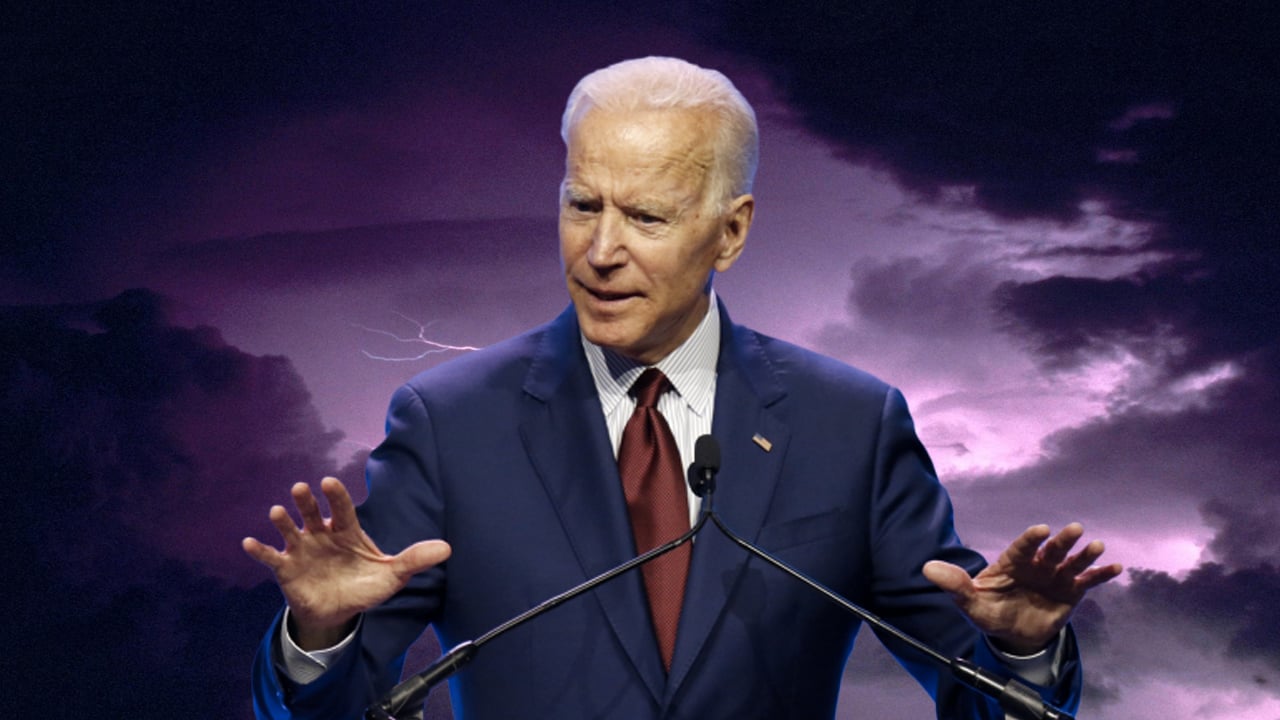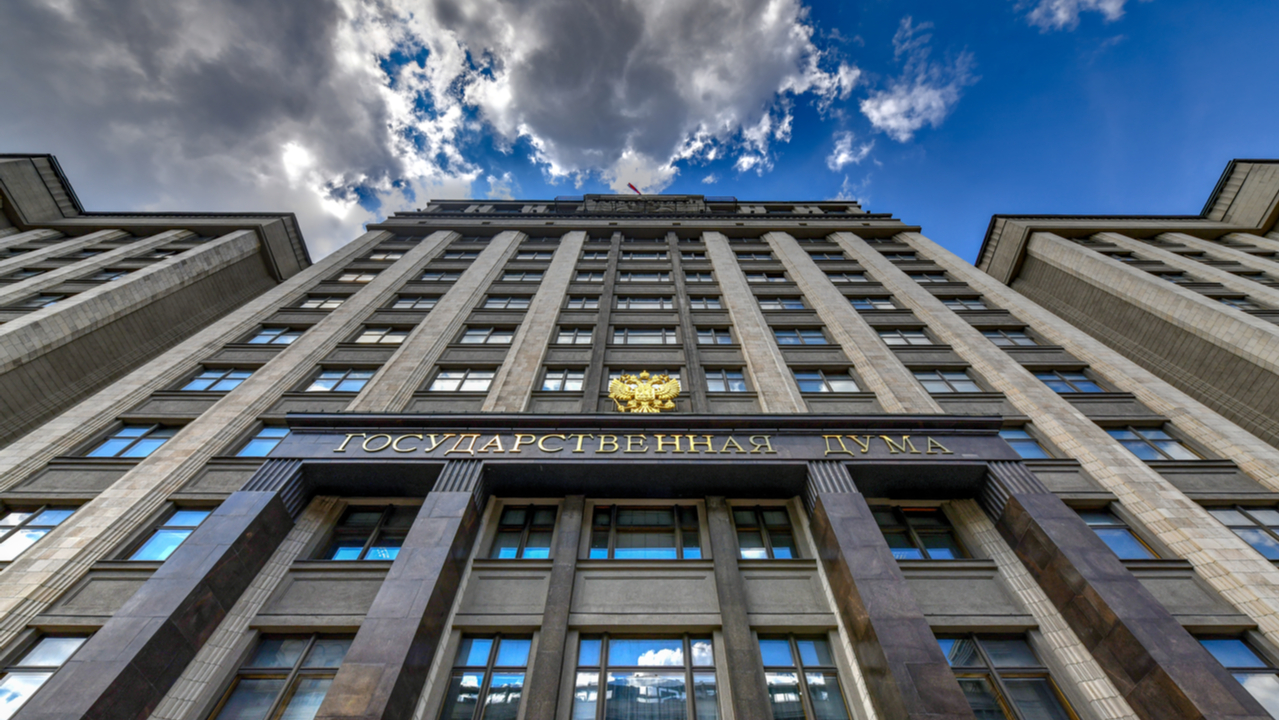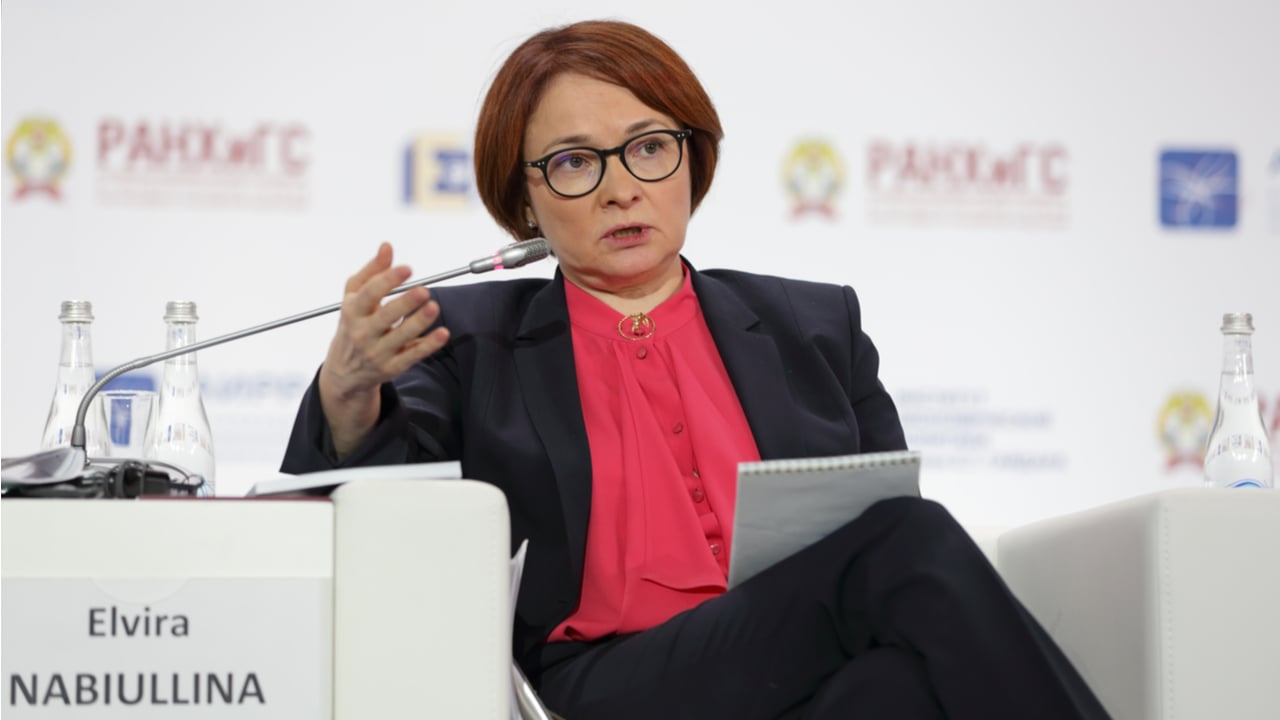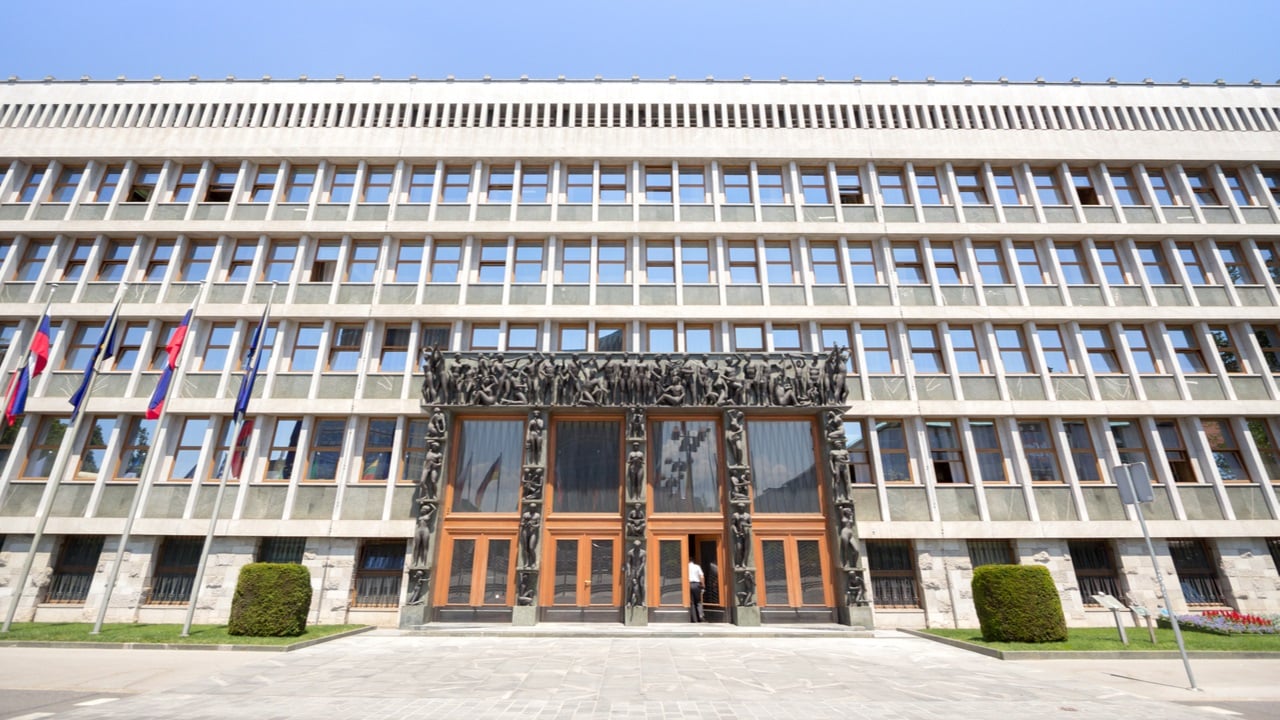
"Since the end of the 19th century, there have been seven distinct currencies in ... Czechia," says SatoshiLabs' economist Josef Tětek.
Czechia, a country of 10.7 million people in Central Europe, is known for its beautiful capital (Prague), rich history and good beer. Within the last decade, however, one can now add cryptocurrency adoption to that list. In fact, the Trezor wallet, the first cryptocurrency hardware wallet in the world, was invented here in 2014 and is still going strong. Its parent company, SatoshiLabs, has expanded into creating secure chips for electronic hardware via Tropic Square and advancing cryptocurrency education via Invity.
What's more, the country also gave birth to the world's first Bitcoin (BTC) mining pool — Braiins (Slush Pool), with close to 1.3 million BTC mined since 2010. Then there's General Bytes, one of the world's largest crypto ATM chains, with close to 8,000 machines installed. Furthermore, the country's biggest e-commerce retailer, Alza, accepts BTC purchases and has been writing deep-dive articles on Bitcoin and technology in the past year.
But what drove this small nation of 10.7 million people, out of all places, to create a disproportionally large presence in the crypto sphere? In an exclusive interview with Cointelegraph, Josef Tětek, SatoshiLabs' in-house economist, explains the phenomena in detail. Tětek also happens to be Trezor wallet's brand ambassador, writes for Bitcoin Magazine, and holds a Master's Degree (equivalent) in economic policy from the Prague University of Economics and Business. Here's what he had to say:
“In the geographical region that is now the Czech Republic, there have been seven different currencies in circulation over the past 140 years. First, there was one backed by gold and then, two forms of silver coins [during the rule of the Austria-Hungarian Empire]. After the country gained its independence in 1918, there was the gold-standard Czechoslovak koruna [crown].”
During the interwar era, Czechoslovakia was an industrial powerhouse led by Škoda Works, one of the largest European industrial conglomerates making everything from cars to tramways to aircraft to military equipment. It was also stood as the only Central European country with a parliamentary democracy after 1933.
However, faith in the Czechoslovak koruna and the country as a whole quickly faded with the Munich Betrayal of 1938 — where its allies Britain and France gave the silent nod for Germany to annex the heavily industrialized and fortified regions outlying Czechoslovakia. As a country left without natural barriers to defend against the German war machine, it quickly became a puppet state for the former, leading to another currency change.
But the reestablishment of the Czechoslovak koruna was again short-lived. Immediately after the Allied victory in World War II in 1945, an Iron Curtain spread from the Baltics to the Black Sea. The newly independent Czechoslovak Third Republic became a satellite state of the Soviet Union after merely three years, with a new form of Soviet-controlled koruna.
To further the policy of Stalinism, in 1953, leaders of the Czechoslovak Communist Party devalued all personal savings denominated in koruna by a ratio of 50:1. As Tětek told Cointelegraph:
“Many people still remember it [the 1953 event] to this day, such as our parents and grandparents. Basically, it was large-scale theft [by the state].”
Then, in 1989, came the Velvet Revolution that toppled the Communist Party and gave birth to the fifth Czechoslovak Republic. But at first, independence did not restore faith in the new koruna. (It also did not help that Slovakia left the union in 1993). Inflation in the early 1990s in the country remained almost consistently above 10% every year.
To sum it up as to what makes the Czech people drawn to cryptocurrencies, especially to their decentralized nature, Tětek writes:
“There was basically a currency change every generation in Czechia. So we tend to be skeptical of the official monetary regime. However, combined with a high percentage of people receiving high-quality technical education, the factors drove the adoption of crypto in Czechia.”

Portrait of Josef Tětek | Source: Podcast Proti Proudu

